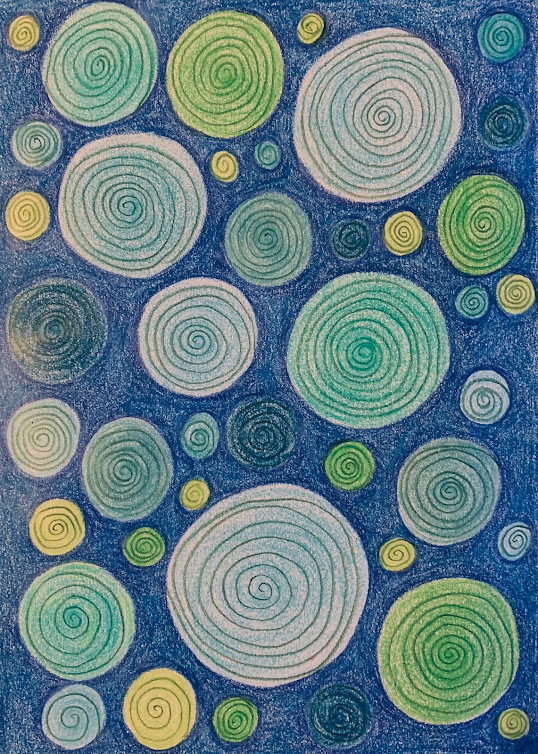Who (and what) is a researcher?
In September this year, I attended the Vitae conference for the first time. At the conference I became attentive to how the word ‘researcher’ is used and how shared and assumed uses of this term inform the ways in which policy and strategy is mobilised to develop/support/enable particular groups of people.
I wondered: is there is a definable and singular identity implied by the term? Are careers ‘in research’ linear? When we talk of early-career researchers, is there an implied age and stage of a ‘research career’?
The notion of a singular thing called ‘researcher’ troubles
me. As a former Head of Department in a post-92 institution, this does not
reflect my experience to date of who or what a researcher is. Funding and time
available for research in post-92 institutions is limited and very few
academics are wholly dedicated to research, with teaching being the primary
identity of many academics employed in these contexts. Furthermore, there were
different conceptualisations of what this being a researcher meant within
different disciplines and subject groupings.
I wondered whether it was my limited experience of working
in a Russell Group institution that meant I had a more complex notion of what a
researcher was? However, my direct experiences suggest that is not the case
either. For example, my former PhD supervisor at the University of Birmingham
is an internationally recognised academic but they also retain significant
teaching responsibilities. Even reflecting on my direct experiences at Warwick
complicates the picture further. The ‘researchers’ that attend the professional
development programmes I have designed could best be described as a ‘mixed
bunch’. There are those who have already had a career elsewhere, or as a
university teacher or lecturer (more terms that deserve some unpicking…but for
another day), who completed a doctorate later in their university careers (In
fact, I completed mine as a deputy head of department, after 25 years of
working in higher education). There are mature researchers, those on post doc
fellowships, those for whom teaching is the focus of their research, those in
professional services roles with a research remit… I could go on, but the point
being that the characterisation of ‘researcher’ deserves attention, and in
placing a spotlight on the term, we can perhaps understand more about what is
implicitly valued in discourses about research, rather than provide an
orientation point from which to identify what ‘researchers’ need.
A wise person once advised me that ‘history is everything’
in organisations and the history of how research and teaching have become
increasingly polarised is a case in point. From my earliest days working in
higher education in the UK in the 1990s, I can recall the introduction of
teaching-only contracts in universities in response to the earliest Research
Assessment Exercises (RAE) that started in the late 1980s. For many years an
academic was a lecturer who conducted research, but this changed with the
introduction of the RAE, that prompted universities to decide who would be
submitted and omitted from the RAE. I can recall attending a meeting as a young
research assistant where there were if heated discussions about the potential
career-ending consequences of demoting someone to a teaching-only contract. As
Oxford (2008) observes:
Research selectivity focused the minds of university managers who reassessed their institutions' academic resources. For many the logic was simple: if an academic's research is not good enough for the RAE, why should the university waste precious resources supporting that research? How much more effective might it be to harness their talents to teaching and give the research money to someone who will make better use of it, the thinking goes.
So, the division between 'who teaches' and 'who researches' was
originally an administrative and economic distinction. However, my
experience working alongside researchers is that now it has wide-reaching
consequences. For those starting out on ‘teaching-only contracts’ the division shapes
how they conceptualise their identities as researchers, or manage the
practicalities of making time for research, or perceive their place within a
researcher hierarchy that feels just out of reach. Regrettably, the reality
they experience emerges from a distinction that arose from an administrative
process.
Of course, not everyone who engages in research will secure
the large funding grants (the pot of funding is not limitless) and I am not
arguing for that. I am suggesting that an understanding of how these terms have
been created, and the difficulties faced by individuals as they negotiate their
emerging identities as researchers, matters if they are to develop confidence and
feel enabled and supported.
Sometimes you must step back from a label or identity to perceive
its’ construction, and all that follows from it. Rather than working with a
singular and uncritical definition of ‘researcher’, I wonder if it might be
more useful to ask the question ‘who is doing research, and in what contexts?’. For my work, this prompts an additional question which is: ‘what is needed by the individuals in those contexts to
support their development and confidence in their research activities?'.
As an associated side-note, I notice that in-between making paintings, I have developed the art practice of doodling. Doodling is a way to think and draw at the same time. Often repetitive and pattern-based it provides a 'pausing' art practice between large paintings. So here is the 'doodle' inspired by this post!


